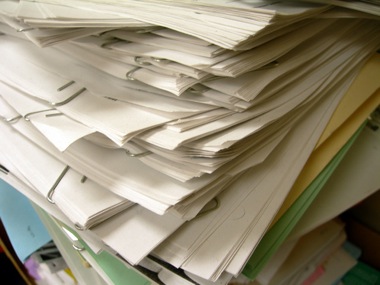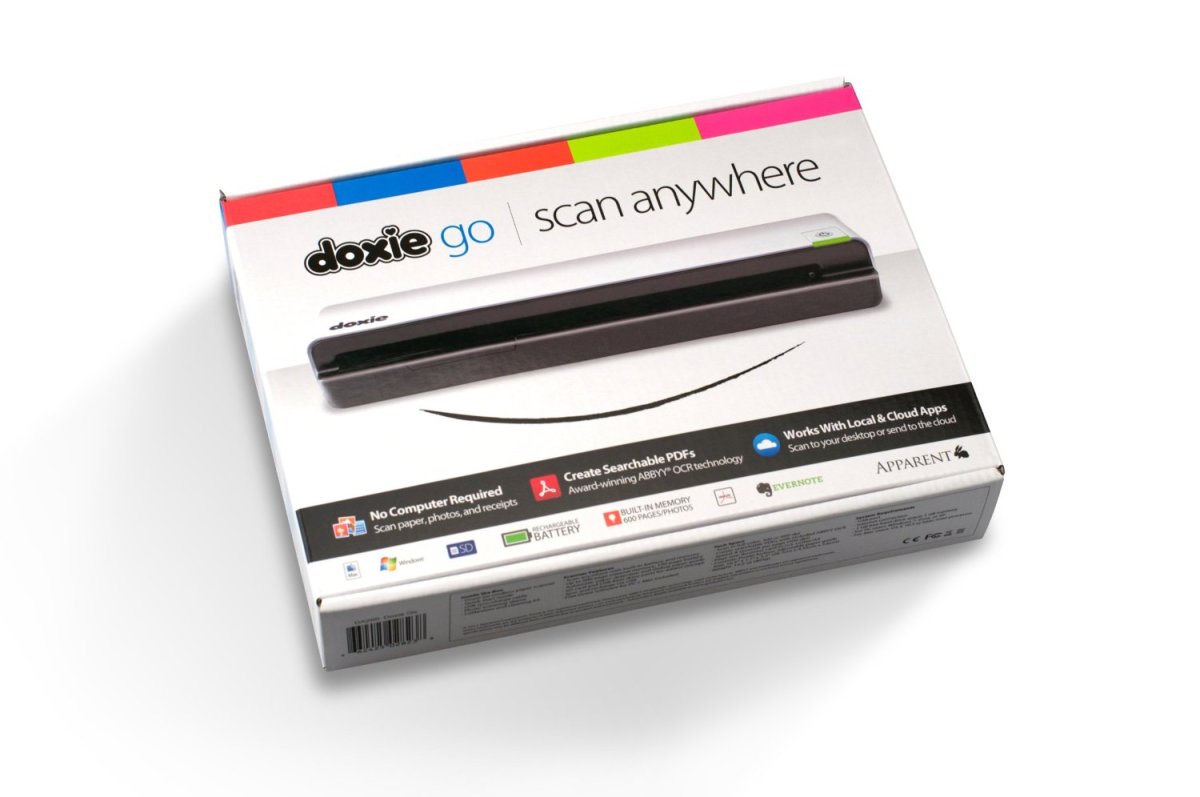Going Paperless in Your Home

Many businesses are attempting to ride the "green" wave and are going paperless. Such an act is admirable, but also incredible difficult to achieve. For a company, going paperless involves the full commitment of all of its employees and especially those in charge. It also entails finding new ways to take care of business without simply printing it out. Going paperless in your own home also brings about the same set of problems, as well as a few others. For example, what do you do about mail? What are some situations when you will need to use paper? I will attempt to explain these issues, and more, in this article.
First, don't think that you will be able to go 100% paperless instantly. Going paperless is a big decision which will ultimately save you money and benefit the environment, but is not something that should be done blindly. You must consider if paperless is a lifestyle you really want to lead or if it is a fad that will burn out in a few weeks. It is also something you should discuss with everyone who lives in your home. If you do decide to go paperless, then please continue reading.
When going paperless, technology will become your best friend. Let's begin with the cause of most of the unneeded paper: your computer. A lot of people print out every website they like or every Word document they want to read. But in order to go paperless, you'll need to start saving things on the computer instead of just printing them out. When you see a website you want to read, bookmark it and read it later. Then, when you're finished, you can either save or delete the bookmark and no paper is wasted. Similarly, instead of printing out PDFs or Word Documents, just save them in a certain folder to read later. It will save a ton of paper.
Many people print out emails they think are important or that they should save. But with the amount of storage that you get for free with most email accounts these days (see my article about using Google's services), you can save all your email and never need to print it out again. Just make sure to back up your emails occasionally to avoid loosing them.
For important documents that are sent to you as files, you can save them on your computer just like you do with a conventional file cabinet. Take some time to go through My Computer and organize your files and folders. When you receive "confirmation" emails (the ones that let you know your order was received, etc.), turn them into a PDF and save them in the appropriate folders. There are tons of free programs that can print to PDF instead of paper.
Another big use of paper involves sticky notes and calendars. Google has an amazing free calendar which you can use to remind yourself of events and keep track of your whole schedule without writing another sticky note again. Read about this in another article for more details.
If you're really committed to going paperless, the next step is to tackle your mail. Everyday you probably receive tons of junk mail, magazines, and letters from your financial institution. Start with the magazines. First, ask yourself if you really need them. If you still enjoy reading them, check to see if there is an "E-Edition" available that you can read on your computer. Possibly, you may want to invest in an e-reader such as the Kindle that you can read your magazines on instead. Either way, digital editions are often cheaper and don't use any paper.
Continuing with your mail, look at your financial institutions next. Almost all of them now offer some form of incentive for receiving your statements online. Check the websites and sign up so that you can receive digital copies of your statements directly in your inbox. This will also save on stamps.
Finally, you can't control everything that comes through the mail. Unsubscribe from as many junk mail lists as you can, but try to recycle the rest.
As far as newspapers, some of the larger ones offer digital editions that can be sent to your inbox. See if that's a possibility.
Going paperless is definitely not easy. But even the smallest attempt will benefit you financially as well as the environment. So even if you can't go completely paperless, please do your best.








